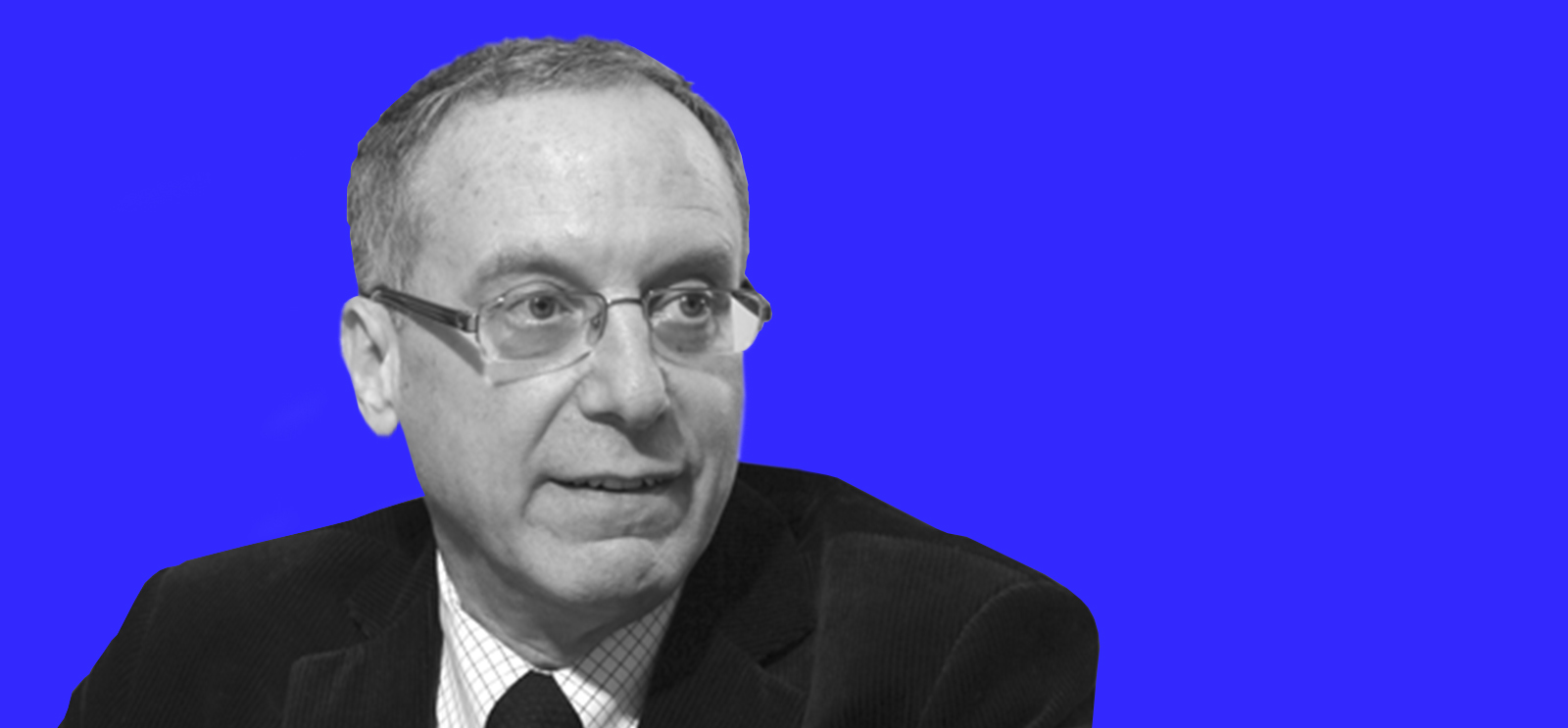
(Photo by Jason Smith)
Jonathan Lear tries to revive the term as Socrates understood it—the opposite of detachment.
Irony died on September 11, 2001—or so went the conventional wisdom. For philosopher Jonathan Lear, the terrorist attacks shook Americans out of a common misunderstanding of the concept and revived a deeper sense of irony as Socrates and Kierkegaard expressed it.
In A Case for Irony (Harvard University Press, 2011), Lear argues that the 1990s sense of irony as a “rundown sense of detachment and lack of commitment” failed to reflect its significance to human experience. “Irony as detachment is the first movement of a two-movement dance. The culture at the end of the 20th century saw irony just as the first step and completely lost the picture of what the second step is and why it’s important.”
In a February interview, Lear, the John U. Nef distinguished service professor in the Committee on Social Thought, discussed the second step across “the gap between pretense and aspiration” that characterizes true irony.
What does it mean to have an “experience of irony”?
This is tied up with my work in psychoanalysis. People are very concerned that their lives have some meaning before they die. This is what usually brings people into analysis, the sense that they’re caught in a routine and they can’t get out of it: they seem like they can’t be quite the friend they’d want to be, or have the friends they’d like to have, or be the wife they’d like to be, or be quite as creative in their work or in school as they’d like to be. The question arises, for people who are serious about their lives before they die, what does any of this have to do with, say, being a husband or being a friend? That question arises because a gap opens up. You experience, internally to you, a gap between going through the socially expected movements and what it would be to do this meaningfully.
What’s the distinction between an ironic experience and routine personal contemplation?
Walking down 57th Street, you can’t walk past Medici without being confronted by at least one, maybe two people who want money from you. And they’re poor. What do you do about that? I would say just about everybody in the University of Chicago has a routine. Maybe they change it, maybe sometimes they give money, maybe sometimes they don’t. Mostly what we try to do is deaden down that experience, make it routine. There may be occasions where you might go to church and you hear a sermon about loving your neighbor, or you’re reading a Charles Dickens novel about poverty in England, and you think, “You know, I probably ought to be a bit more generous,” and the next time you give him a dollar. You change your routine a little bit. Irony is the moment where you’re so shaken you see all of this as part of a very standard coping mechanism. At some point, what I’m trying to capture is the moment where you see the soul of the other in his eyes and the demand of the other on you and are utterly shaken by it. Like, “Why is the world like this, such that there is a poor person here? How could this be?”... I think the real issue for humans at any given time in life is, “What are we blind to? What is the nature of our insensitivity toward the world?”
How does irony relate to satire or sarcasm?
Irony, as I understand it, is essentially a first-personal confrontation. This is what makes it so different from satire and sarcasm, because satire and sarcasm are third personal—they’re making fun of somebody else, they’re ridiculing somebody else for not living up to some value. Irony is ... ultimately either about us or it’s about me in relationship to us. It really isn’t ridicule, and it’s not arrogant. It’s not looking down on somebody; it’s shaking myself up, or shaking us up, as fellow participants.
In what ways do we encounter irony at a cultural level?
When irony is working, it’s calling us in a kind of anxious way to live up to the ideals we already think we have but have come into question. If you think of America, what other country has ever been founded around certain ideals—freedom of speech, freedom of assembly, religious toleration, protection from unreasonable searches. Where are these ideals now, and who is articulating them? Irony is the way of asking us, you might say, if our routines with ideals have become too routine. In that sense it’s a spur to a kind of transcendence with respect to our own lives around what matters most to us in terms of who we are and how we want to live.
